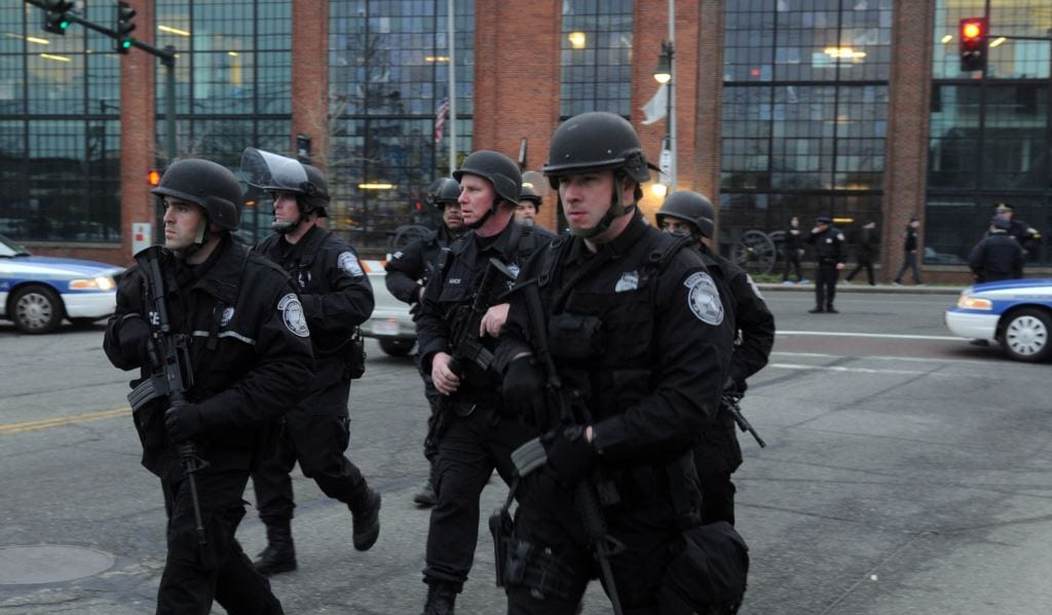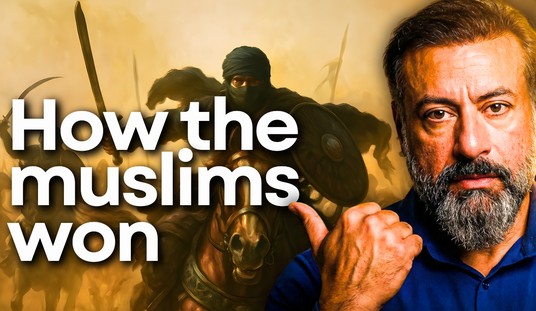Anti-racism activist Tim Wise recommended that new police officers should be required to spend their first 90 days on the job as community organizers rather than law enforcers.
“What if officers had to spend the first 90 days on the force without a gun, without the ability to arrest but walking the neighborhood, getting to know people, sitting in their barbershops, sitting in their churches, sitting on their front porch stoop, getting to know the people, going door to door, asking the people, what do you need us to do and what do you need us not to do? How can we work with you? In other words, spend the first 90 days as an organizer, not as an enforcer, not as a military representative of an occupation,” Wise said at the National League of Cities’ REAL Talk Series on “Undoing Racism in America’s Cities and Towns.”
“At the end of that 90 days, if I’ve been walking the streets getting to know the people in that community then the community ideally should get to decide whether I’m fit to be a cop because they are the ones that are going to be affected. And if I come in with a sense of humility and justice then they’ll probably say, ‘hey, I like that guy.’ If I come in with an attitude that I’m here to crack some heads, they will probably be like, ‘nah, I don’t think that’s the one.’ And then ultimately they get to make the call,” he added.
Karen Freeman-Wilson, the Democratic mayor of Gary, Ind., expressed support for Wise’s recommendation.
“If we use Tim’s example, then it requires this threshold determination that the person who walks through that door as an unarmed officer who is really getting to know the community in 90 days assumes that everyone in that community or the majority, because everyone isn’t, but the majority of the people in the community are law-abiding people,” said Freeman-Wilson, a former attorney general of Indiana.
“And when you walk in with that assumption then you walk in the school with the assumption that the majority of the kids are there to learn and the majority of their parents sent them there to learn – that frames everything you do from day one,” she added.
Wise, the author of White Like Me, said ideally there should be residency requirements for police officers.
“But we know that’s not always possible. You’re not always going to find somebody in Ferguson that wants to be a cop, right? And you’re not always going to have enough affordable housing stock for people to just move in, but at the very least let’s let the people in the community make the call,” he said.
According to Wise, the current problem with “systemic racial inequality” in the justice system is not only related to individual officers.
“It’s about a culture within policing and a system within law enforcement that really encourages abuse and makes it hard for good, conscientious officers to do the right thing and to stop and challenge their associates. So, I think what we’ve got to do begin to move toward, really to be honest with you, self-determination in these communities,” Wise said.
Wise argued that people in low-income communities should be empowered to decide who is going to police their streets.
“I’m tired of those decisions being made by folks who are not elected, who don’t live in the community, just because somebody can fire a gun, just because somebody can run a certain speed, oh, well, you are physically fit to be a officer? Yeah, but you might not be emotionally, conceptually fit to be an officer in that community,” he said.
Wise said a system that puts members of the community in charge would be better for the community itself and the police officers.
“That’s going to be better for the officer, because if I’m the officer and I’ve gotten to know you, you’re not going to fear me and see me as an occupier that way because you saw the pictures of my kids that I had in my wallet and I saw the picture of your kids that you had in your wallet,” he said.
Matt Zone, a city councilman in Cleveland, Ohio, said the city has overhauled its entire training process for police officers.
“We’re doing some sensitivity training – not some, a lot – around culture competency and we’re getting our police officers, when they are going through their training process, they need to get out and volunteer in a homeless shelter, work with a mental health provider, work at like an Lesbian, Gay, Bisexual and Transgender (LGBT) facility so they can understand that there are people out there that are very different,” he said.
“I like how Tim framed it that you leave your gun at home, you treat each other as a peer and that’s how we’re going to, I think, change how we’re going around and policing communities.”









Join the conversation as a VIP Member